Specifically, the Council calls on Member States to integrate measures to prevent and combat cyber violence into their national action plans to combat gender-based violence, to ensure that women can fully participate in public life without being intimidated or discriminated against.
To prevent potential gender biases in artificial intelligence (AI) algorithms that could lead to discriminatory decisions if not strictly controlled, EU Member States are advised to use diverse, representative and transparent data, ensure human-supervised decision-making processes and fully comply with anti-discrimination rules in the technology sector.
AI is also seen as a potential tool to detect and reduce bias if used appropriately and transparently. The Council also called for more research into the rise of misogynistic content and “extreme masculinization” on social media, which could be divisive and undermine progress on gender equality.
The Council encourages the active participation of men in efforts to combat the root causes of gender inequality.
At the same time, the Malaysian Ministry of Investment, Trade and Industry (MITI) hosted the ASEAN Women’s Economic Forum (WEF ASEAN 2025) to celebrate the transformation of women’s role in driving global economic growth, showcasing success stories and strategies that highlight the power of women-led sustainable development.
At the forum, Dr. Datuk Seri Wan Azizah Wan Ismail, wife of Malaysian Prime Minister Anwar Ibrahim, said that the WEF ASEAN is called “Sheconomy” (roughly translated: Economy of Women) to show a strong recognition of the growing influence of women in shaping economic stories. ASEAN currently has about 334 million women and using the talents of this community will unlock about 2,300 billion USD.
She called on policymakers and businesses to work together to build inclusive growth through shared leadership and cross-border cooperation, translating efforts to empower women economically into concrete commitments by companies and governments .
Dr Wan Azizah also stressed the importance of balancing work and family, saying if society wants women to participate more in the economy, it must also recognise that family care is a shared responsibility of both genders.
According to MITI, Malaysia's female labor participation rate is 56 percent, compared to 82.9 percent for men, which is much lower than in other Southeast Asian economies. However, Malaysia has achieved some important successes. About 58 percent of civil servants are women.
At the decision-making level of public officials, 42% are women, which is quite high compared to developing countries. From 2023, Malaysia requires 30% of board members of publicly listed companies to be women.
Thus, at the decision-making level of businesses and governments, women are making great progress. Malaysia will establish ASEAN’s first women’s economic empowerment centre, to ensure that the bloc’s potential and opportunities are accessible to all, including women.
TO MINH
Source: https://nhandan.vn/ai-va-khoang-cach-gioi-post888674.html


![[Photo] General Secretary To Lam works with the Standing Committee of Quang Binh and Quang Tri Provincial Party Committees](https://vphoto.vietnam.vn/thumb/1200x675/vietnam/resource/IMAGE/2025/6/25/6acdc70e139d44beaef4133fefbe2c7f)

![[Photo] First training session in preparation for the parade to celebrate the 80th anniversary of National Day, September 2nd](https://vphoto.vietnam.vn/thumb/1200x675/vietnam/resource/IMAGE/2025/6/25/ebf0364280904c019e24ade59fb08b18)

![[Photo] More than 124,000 candidates in Hanoi complete procedures for the 2025 High School Graduation Exam](https://vphoto.vietnam.vn/thumb/1200x675/vietnam/resource/IMAGE/2025/6/25/fa62985b10464d6a943b58699098ae3f)



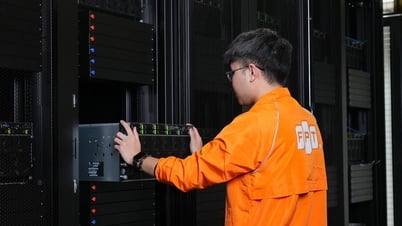









![[Photo] More than 124,000 candidates in Hanoi complete procedures for the 2025 High School Graduation Exam](https://vphoto.vietnam.vn/thumb/402x226/vietnam/resource/IMAGE/2025/6/25/fa62985b10464d6a943b58699098ae3f)
![[Photo] First training session in preparation for the parade to celebrate the 80th anniversary of National Day, September 2nd](https://vphoto.vietnam.vn/thumb/402x226/vietnam/resource/IMAGE/2025/6/25/ebf0364280904c019e24ade59fb08b18)

![[Infographic] Things candidates need to note in the 2025 High School Graduation Exam](https://vphoto.vietnam.vn/thumb/402x226/vietnam/resource/IMAGE/2025/6/25/8fe0b55c81124650ae3c827bceddcc69)
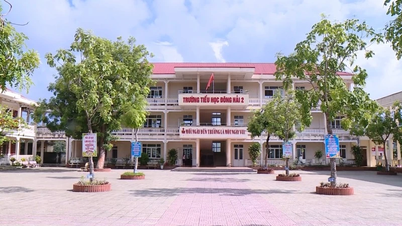
![[Photo] General Secretary To Lam works with the Standing Committee of Quang Binh and Quang Tri Provincial Party Committees](https://vphoto.vietnam.vn/thumb/402x226/vietnam/resource/IMAGE/2025/6/25/6acdc70e139d44beaef4133fefbe2c7f)













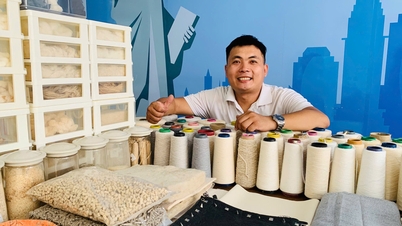

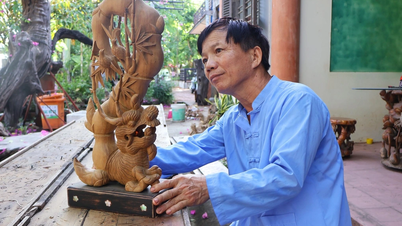

















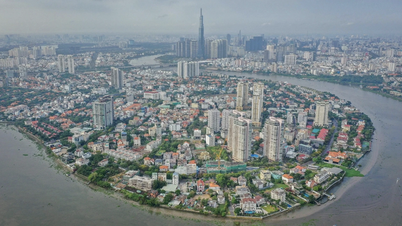












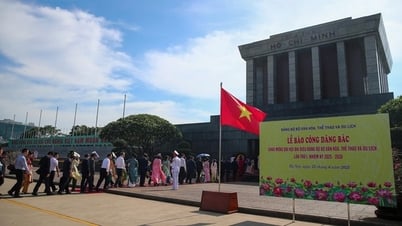
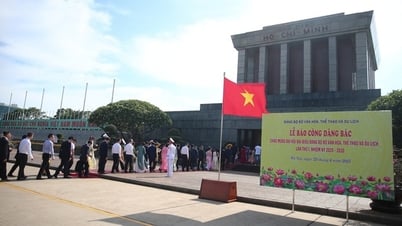
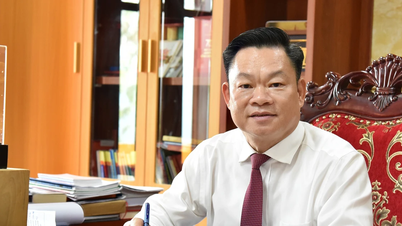



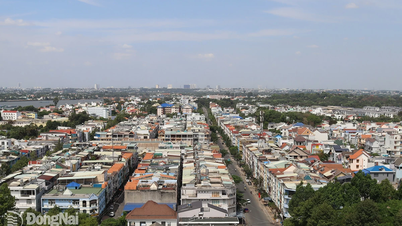


















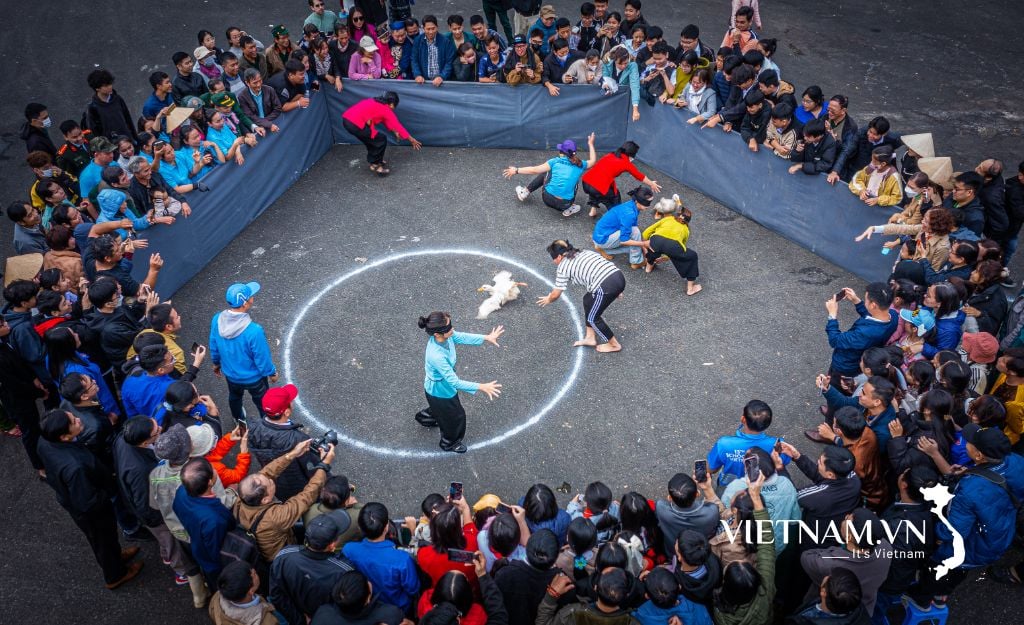
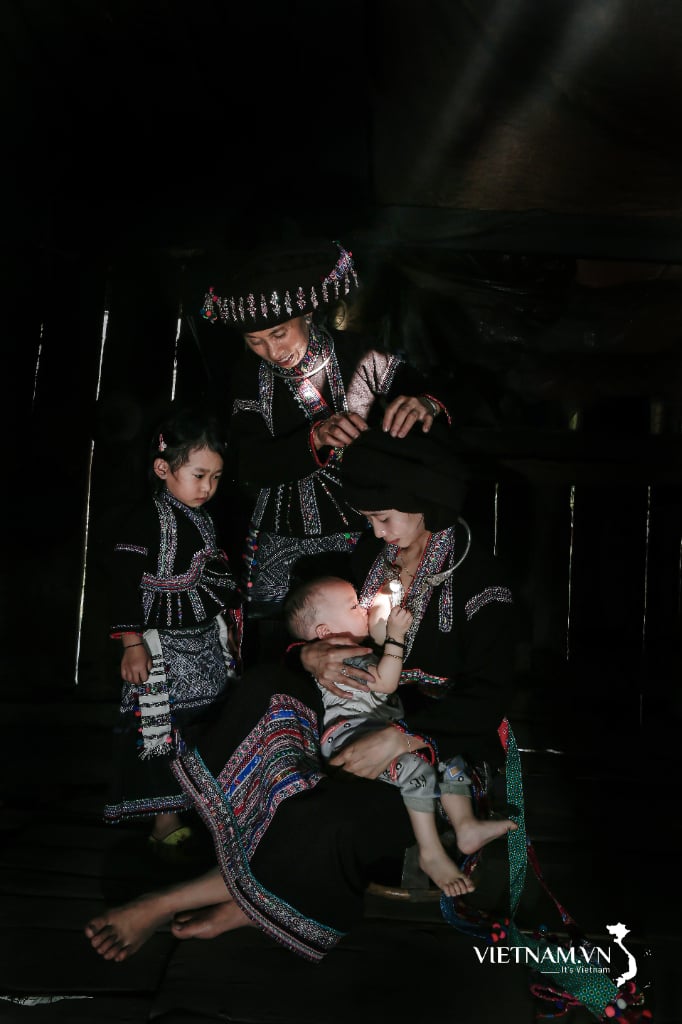

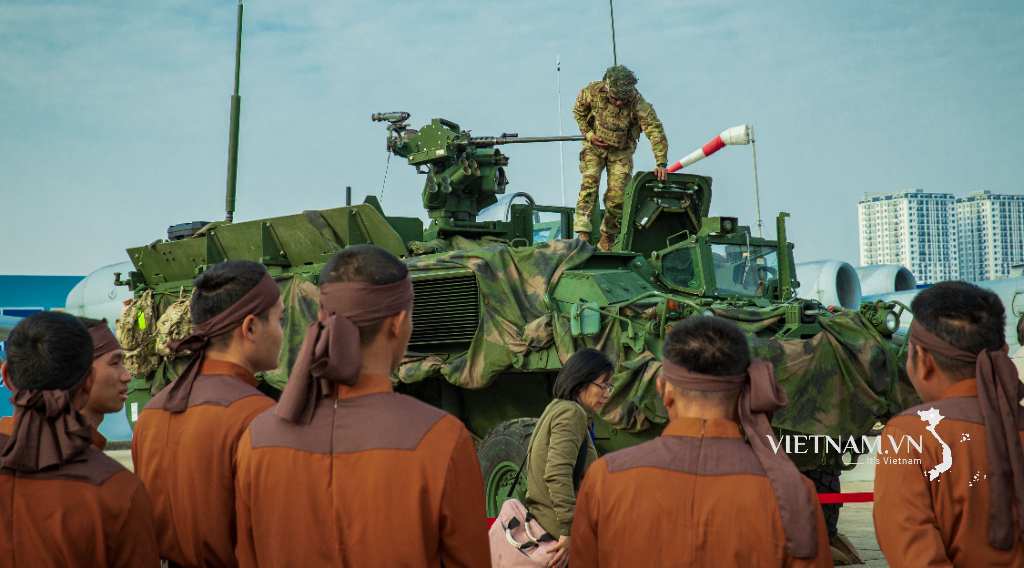
Comment (0)